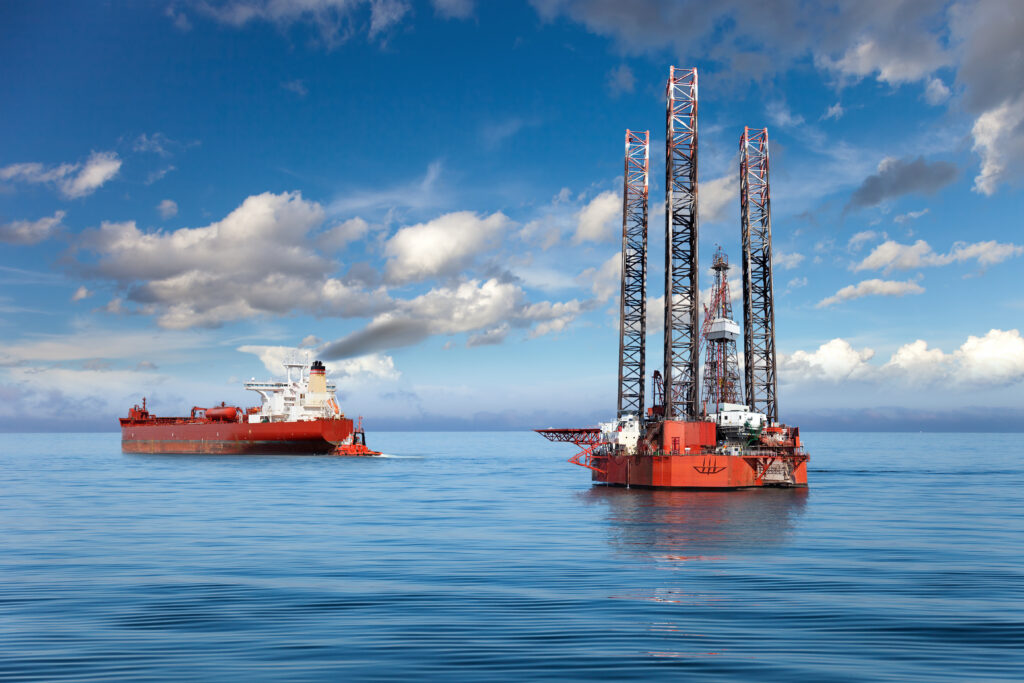The European Commission has condemned President Trump’s recent push to promote deep-sea mining in international waters, calling it a direct challenge to existing global legal frameworks. Trump’s executive order, issued shortly after the UN Seabed Authority’s 30th session, bypasses ongoing international negotiations and has sparked widespread concern over the future of ocean governance.
Trump’s Unilateral Move Ignites International Backlash
The European Union has expressed “deep regret” over the US’s decision to bypass negotiations organized under the United Nations Convention on the Law of the Sea (UNCLOS). An EU spokesperson emphasized that UNCLOS is the legal framework for regulating all ocean activities globally. The Commission stressed that this convention balances national interests while ensuring the protection of global and human common interests, setting a precedent for all nations.
Despite the US never ratifying UNCLOS, the EU argued that its principles apply universally through customary international law. In an official statement, the Commission reaffirmed that these legal norms are essential to maintaining peace, promoting international cooperation, and ensuring sustainable ocean development.
Experts Voice Concerns Over Environmental and Legal Risks
Marine biologist Douglas McCauley, from UC Santa Barbara, strongly criticized the US’s move, calling it a step toward the US becoming the first “pirate miner” at sea. McCauley warned that without clear, enforceable rules, the US could undermine global efforts to regulate critical mineral extraction and safeguard the ocean’s fragile ecosystems.
Legal expert Duncan Currie also condemned the US’s actions, calling it a violation of four decades of UN legal precedent. Currie argued that unilateral moves like Trump’s risk destabilizing global ocean governance and could harm Pacific nations that are most vulnerable to such environmental exploitation.
China Joins the Criticism
China has also weighed in on the dispute, demanding that all seabed mining activities adhere to UNCLOS and the International Seabed Authority (ISA) frameworks. Chinese Foreign Ministry spokesperson Guo Jiakun emphasized that seabed mining must operate legally under the oversight of the ISA to ensure environmental protection and respect for international law.
Trump’s Move Stirs Tensions Over Global Ocean Resources
Trump’s executive order has escalated tensions regarding control over global ocean resources, particularly valuable undersea mineral territories. This move is part of a broader US effort to secure exclusive rights to these vast, unregulated areas of the seabed.
In 2023, under President Biden, the US completed a comprehensive oceanographic survey, laying claim to nearly one million square kilometers of seabed. This claim, based on UNCLOS criteria, was made despite the US’s refusal to ratify the treaty. However, Trump’s latest executive order has been criticized for undermining the same principles that the US has used to justify its extended shelf claims.
Global Debate Intensifies: UNCLOS and Seabed Mining
Ironically, Trump’s move risks deepening the divide between the US and other global powers. China, Russia, and other nations have previously challenged the US’s seabed claims, citing Washington’s failure to officially join UNCLOS. The US’s exclusion from the ISA further fuels tensions, as China’s growing influence within the organization contrasts with America’s absence from key negotiations.
Domestically, there is increasing pressure for the US to formally ratify UNCLOS. Congressional efforts to do so continue to face opposition, despite growing bipartisan support. This issue is likely to remain a significant point of contention in US foreign policy and global ocean governance.
A Tipping Point for Global Ocean Management
As tensions continue to mount, the US’s approach to deep-sea mining will have lasting implications for international ocean governance and environmental protection. The legal and environmental challenges posed by this dispute are far from resolved, and global cooperation remains crucial in ensuring that ocean resources are exploited sustainably and equitably.
